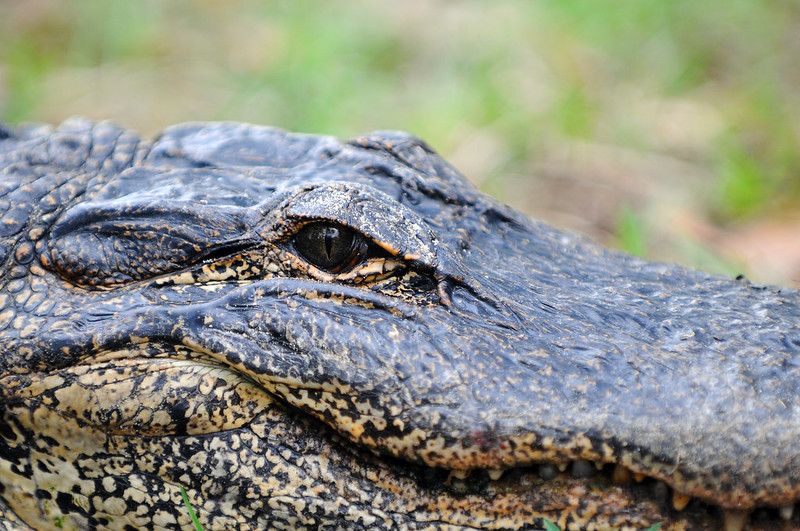
In a recent report by A-Z Animals, the most alligator-infested lakes in the United States have been identified, with seven Florida lakes claiming top positions.
1. Lake Jesup, Florida
Lake Jesup, nestled in the heart of Seminole County, is one of Central Florida‘s largest lakes and part of the St. Johns River system. Covering approximately 16,000 acres, this lake boasts a staggering 13,000 alligators, making it the state’s preferred spot for these reptiles in terms of population density.
2. Lake George, Florida
Also known as Lake Welaka, Lake George is a shallow brackish lake on the St. Johns River. As the second-largest lake in Florida, it houses 2,322 alligators, including 26 bull gators, making it the second most alligator-infested lake in the country.
3. Lake Kissimmee, Florida
Located in Osceola County, Lake Kissimmee takes the third spot with 1,935 alligators and 170 bull gators. Alligator encounters are common throughout the year in this lake.
4. Alligator Lake, Florida
Despite its name, Alligator Lake in Osceola County, near Disney World, is not the top lake with the most alligators. Part of a chain of lakes known for fishing and bird watching, it remains a noteworthy habitat for these reptiles.
5. Lake Okeechobee, Florida
Known as Florida’s Inland Sea, Lake Okeechobee is the state’s largest freshwater lake, housing at least 30,000 alligators due to its expansive size and suitable habitats.
6. Sawgrass Lake, Florida
Situated in Tampa Bay, Sawgrass Lake is a wildlife reserve.
7. Lake Poinsett, Florida
Over the past 15 years, Lake Poinsett has seen more hunted gators than any other place in the state. Located slightly inland on the St. Johns River, west of Rockledge, it rounds out the list.
Florida, known for its abundance of lakes and waterways, experiences an average of nearly 16,000 alligator-related complaints annually, according to the Florida Fish and Wildlife Conservation Commission.
While many incidents occur in lakes, encounters also arise when alligators venture into unexpected places like garages, swimming pools, and golf course ponds.
To ensure coexistence with these reptiles, the Florida Fish and Wildlife Commission offers 10 key tips, including refraining from feeding alligators, disposing of fish scraps responsibly, seeking immediate medical attention for bites, and exercising caution around fresh or brackish water.
Copyright 2023-2025 FloridaWord.com